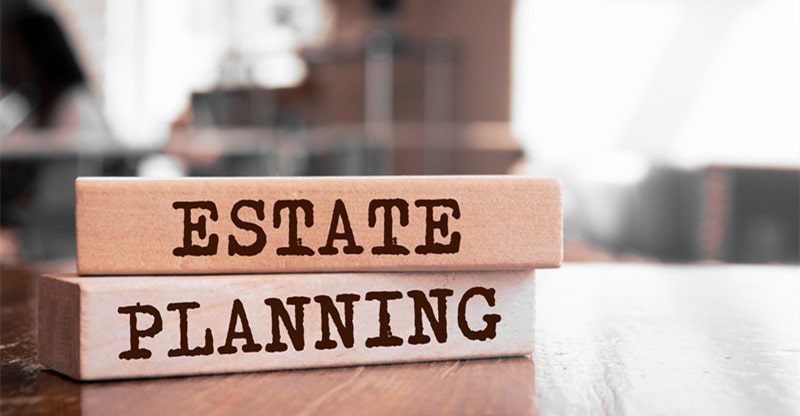Estate Planning Essentials: A Blueprint for a Secure Future
Coming up with an estate plan can be stressful, but it is often necessary as a way to feel secure about all your wishes being in print. Refrain from assuming your loved ones will know what you want; if they do, they will execute your wishes successfully, according to your preferences and the appropriate allocations. It is time to make an estate plan; the following are essentials starting.
Choose the right estate planning attorney
Choosing a competent, qualified estate planning attorney, such as those at Hays Firm, is vital to help you navigate the process. Sure, you can go about it yourself. Still, there might be better ideas, especially if you have a relatively complex array of assets, such as owning a business and multiple properties. Trust an expert to assist you with establishing a plan that precisely meets your needs.
Get into a reasonable frame of mind
This state of mind may seem like an odd must-do, but it is imperative. It is ideal to be in a reasonable frame of mind when starting work on establishing your estate plan. For instance, do not start the planning process when you are mad at one or more of the beneficiaries or if you have not had a good night’s sleep in a week. Wait until you are in the right frame of mind to construct a stellar estate plan.
Tie up loose ends with your assets
Have you been meaning to get an insurance policy on expensive jewelry? Update your life insurance policies at work. These are just some of the “loose ends” that may be associated with your assets. One of the best ways to make sure everything is in order is to write out a complete list of your assets so you can update everything that needs it.
Many people must periodically review these documents, which must be updated and relevant to their current circumstances. You will likely need to make several changes, especially if you last did it a while ago or when circumstances change. The sooner you update the paperwork, the better it will be.
Anticipate the unanticipated
As reported by Hays Firm, one of the most important things you can do for yourself and your family is to anticipate the unanticipated. As morbid as it may sound, most people do not have an advanced warning of when a tragic event will happen that leaves them incapacitated or causes them to pass away.
For instance, you may require long-term care at some point in your life if your family cannot perform the caregiving you need at home, and it will not necessarily be when you are elderly, such as a result of an injury. Long-term care can cost tens of thousands of dollars every year. Long-term care insurance may be beneficial, and you can include it in your estate plan.
Not many people are thrilled with thinking about what negative things might happen to them in the future. However, it can be worth it if you are looking for a way to plan for the unexpected effectively.
Decide on a plan for your family’s best interest
While creating an estate plan is about executing your last wishes, it is also about considering your family’s best interests. Think about what you can do that would be most suitable for them, significantly what might help alleviate some of the stress and potential financial burden.
Establish your wills
An estate planning attorney can help you determine which will(s) is best for you and your situation. However, you may find two primary beneficial wills: a simple will and a living will.
A simple will explain what happens to your property after your passing. The living will expresses your desires for what should happen if you need medical care, such as if you go into a coma and cannot verbalize your wishes or cannot coherently do so.
Determine your beneficiaries
In some cases, determining your beneficiaries is easy. Assets often go to kids and/or a spouse. However, everyone’s situation is different. Ask your estate planning attorney for insight if you need help deciding who your beneficiaries should be and/or help figuring out who should get what assets.
Determine your executor and power of attorney
Determining your preferred power of attorney and executor is vital, and both require documentation on paper rather than just expressed verbally.
Your power of attorney is who handles your life situations, such as making decisions about your medical care, when you are alive but unable to do it yourself. An executor, named in your will, carries out your wishes stipulated in the will. Depending on your situation, they might be two different people or one in the same.
Get your vital records and documents in order
Make sure to have your vital records and essential documents scattered throughout your belongings in your home. Consider getting a safety deposit box to store everything from your will to your birth certificate. Remember to let your power of attorney and executor know where the documents are.
It is typically a good idea for anyone 18+ to create a will and establish an estate plan. Doing it at a young age may seem silly, but you can update it every few years. Doing it early creates a base off which you can work as you acquire more assets. Having this plan in place is better than having nothing planned.



